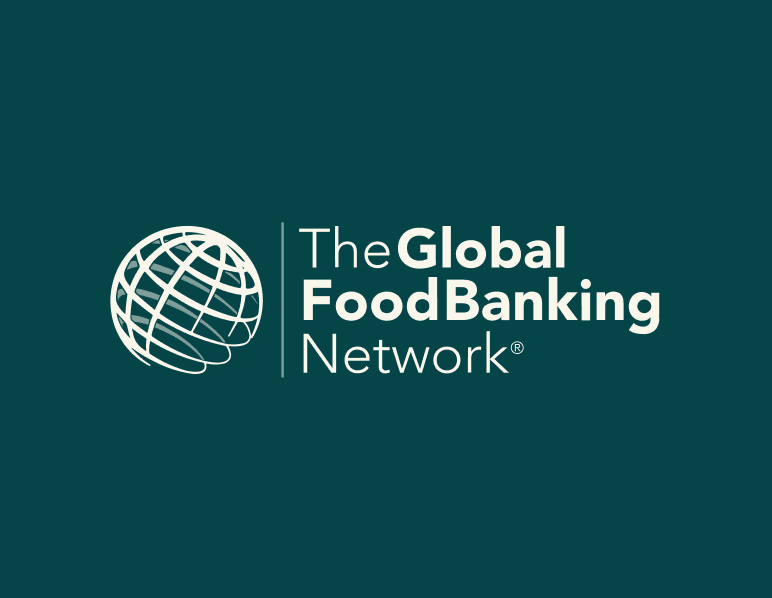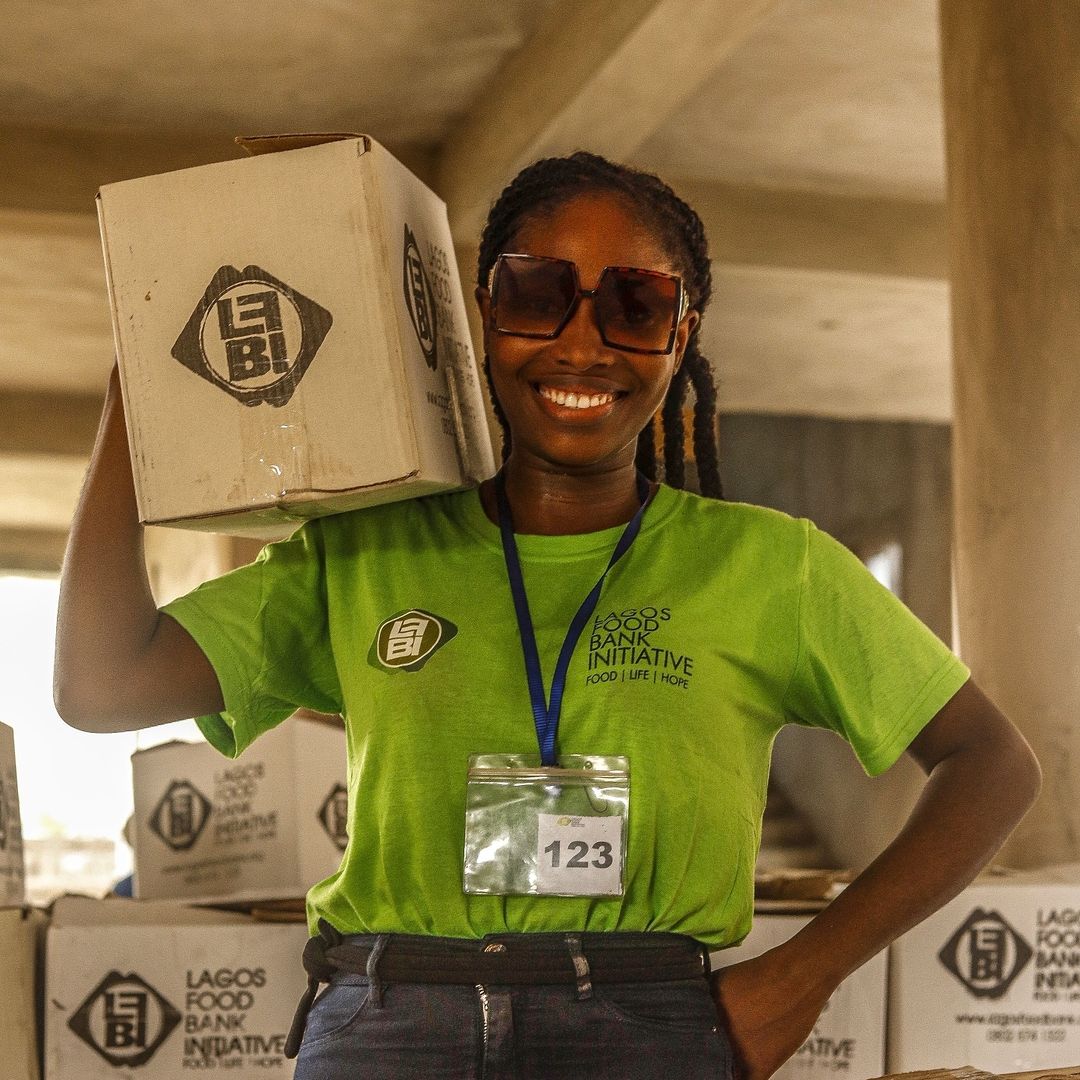New Harvard Research Takes Aim at Global Food Donation Laws and Policies to Address Food Waste, Hunger, and Climate Crisis
In advance of the International Day of Awareness on Food Loss and Waste, Harvard Law School Food Law and Policy Clinic shares policy recommendations designed to decrease food waste and support food donation in Indonesia and Nigeria.



